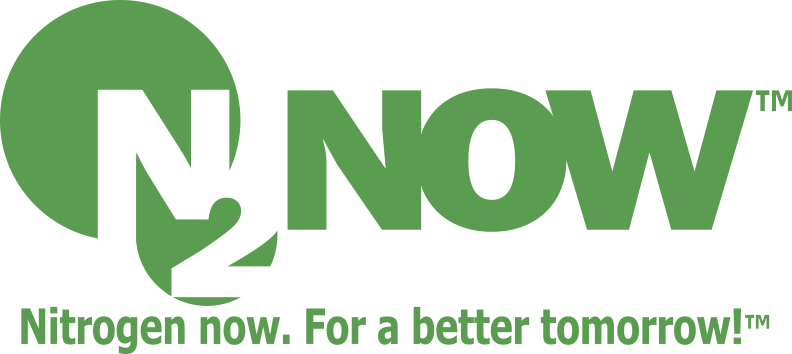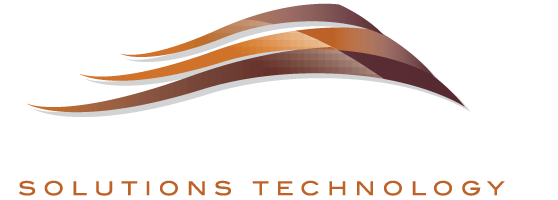Equipment

Our Smart-Tech™ Automotive Service Equipment Line is unparalleled when it comes to fluid exchange technology. Over 32 durable and easy-to-use models with patented features and innovative designs are available to meet any maintenance service need a vehicle may require.
Unique chassis designs, self-diagnostics and ease-of-maintenance have given our equipment line a reputation for outstanding quality that is unsurpassed in the industry. A network of regional repair and technical support specialists are available to ensure our tools and equipment are back on line and working for our customers with minimal downtime.
Our equipment has been tested under rigorous conditions to prove exceptional results, giving you the ability to do the job correctly and efficiently each and every time. Our service minimizes down time.
Equipment Line
FUEL
KDI321 Induction Plastic Applicator
72450S CAT Tool
75450 S-Hook
75490 GDI Cap Applicator
72280 Diesel Cleaner Application Tool
BRAKE
98460 Basic Brake Machine
98470 Pure Brake Machine
TRANSMISSION
94880 Automatic Trans Fluid Exchanger (Inline Service Only)
95900 Smart Tech II ATF Fluid Exchanger (Inline & Dipstick Service)
COOLANT
95340 Air-Operated Coolant Machine
94370 Single Pump Coolant Exchanger
94340 Dual Pump Coolant Exchanger
POWER STEERING & DIFFERENTIAL
74920 Deluxe Power Steering Fluid Exchanger
95670 Differential Fluid Exchanger
95770 Differential/Power Steering Combo
AIR CONDITIONING
93105 R134a A/C Machine
93109 R1234yf A/C Machine
93110 R134a/R1234yf Combo A/C Machine
HEADLIGHT SERVICE
75131 Everbeam UV Curing Lamp

Tires lose air pressure naturally through the process of permeation. With outside temperatures constantly changing compressed air filled tires are more likely to lose tire pressure at a faster rate.
Nitrogen molecules are larger and more substantial than oxygen molecules thus slowing down the rate of permeation and reducing the air pressure loss over time. The average 90-day pressure loss rate for tires inflated with air is 2.13 percent/ month, and 1.39 percent/month for tires inflated with gas containing 95 percent to 99 percent nitrogen. (NHTSA document DOT HS 811 094.)
Unlike compressed air filled tires, nitrogen filled tires do not experience the same reaction to the elements. Nitrogen filled tires can help reduce tire and wheel corrosion, extend tire life, and promote less tire pressure fluctuation.
